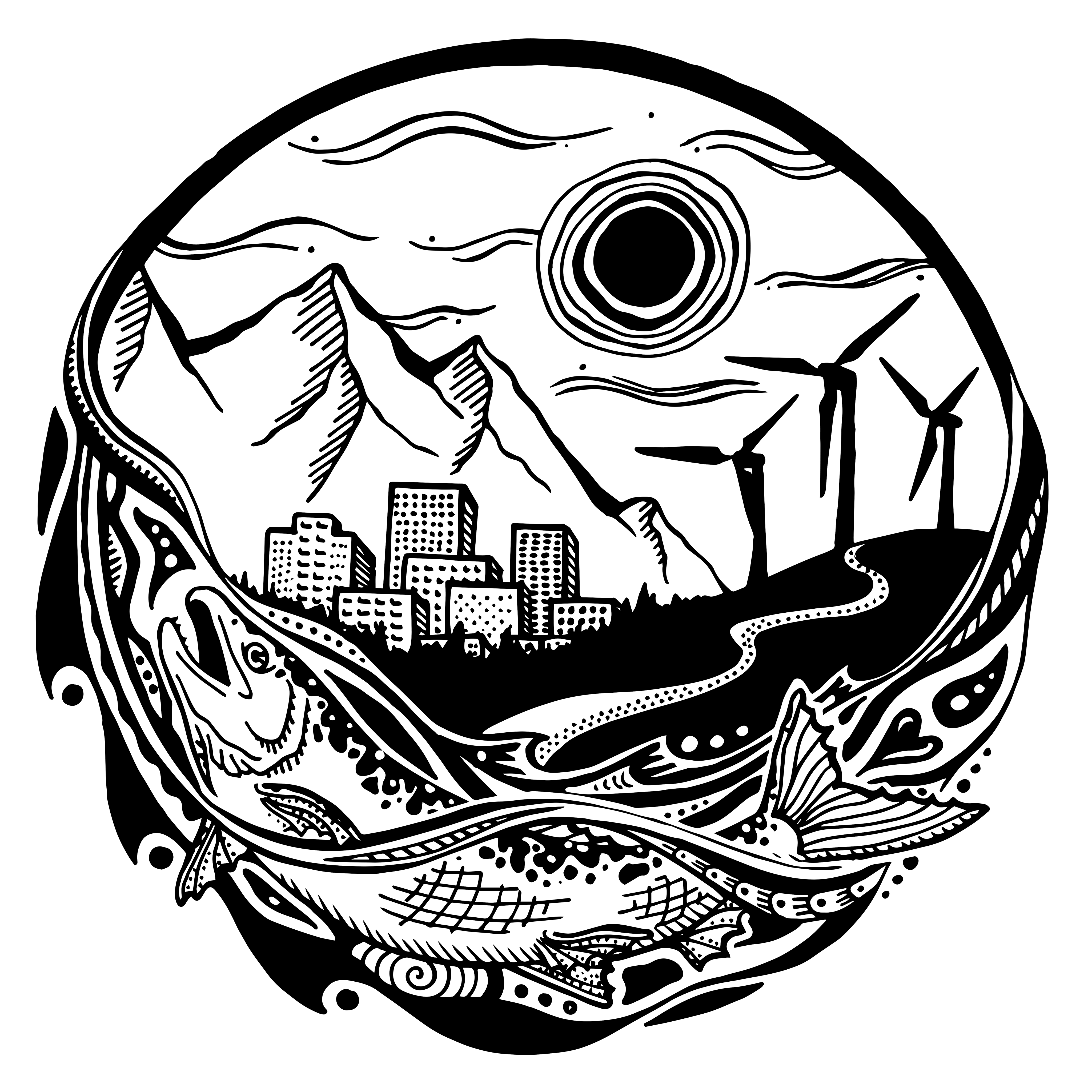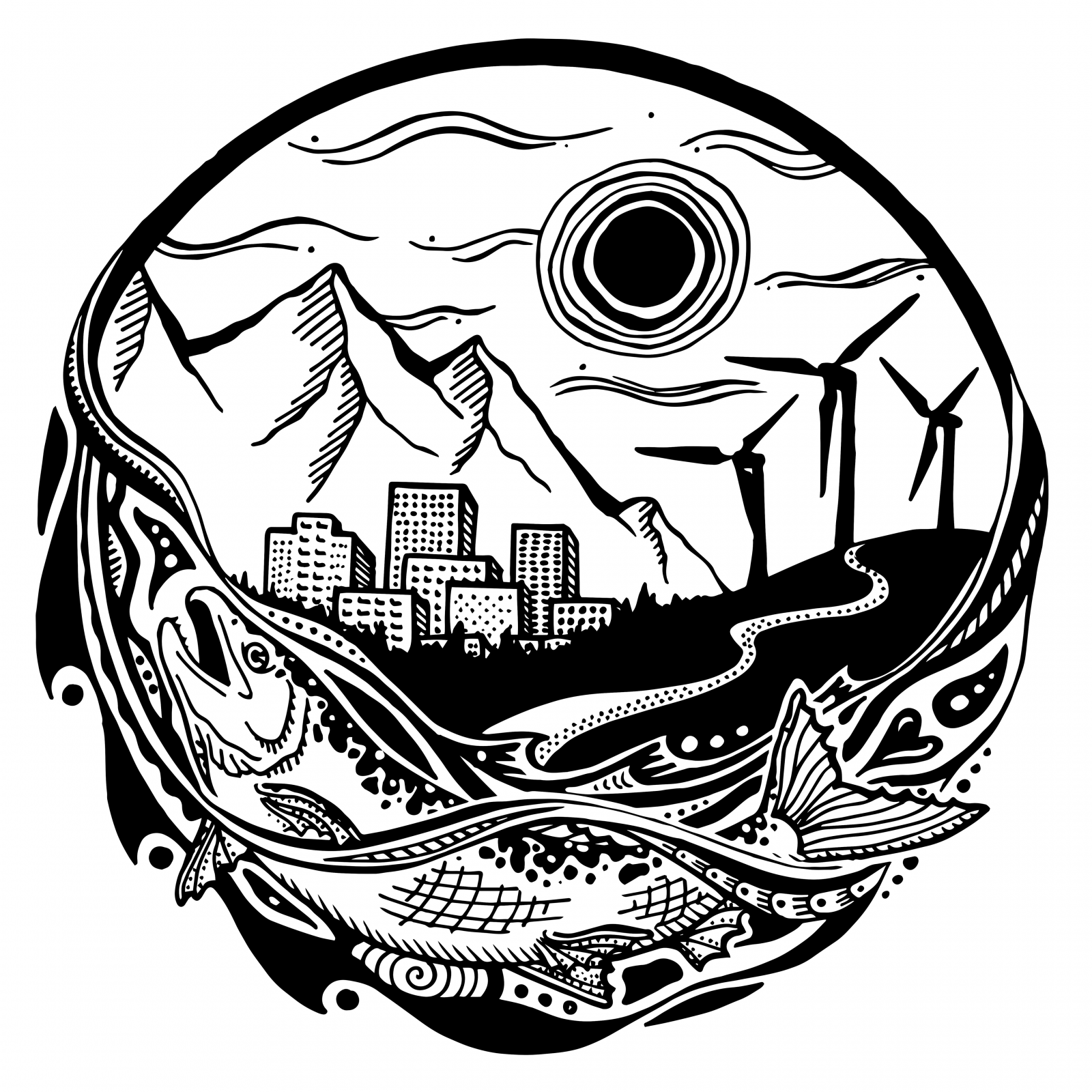
A time of change, a time of care
“Not everything that is faced can be changed; but nothing can be changed until it is faced.”
James Baldwin, “As Much Truth as One Can Bear,” New York Times, Jan. 14, 1962
We’ve all heard the old sayings, “There’s a sucker born every day” and “Every many for himself,” but right now the Covid-19 pandemic has revealed the deep and catastrophic flaws in those worldviews. The pandemic necessitates collective care, not exploitation. It requires prioritizing the most vulnerable over conveniences and profit.

Care and caretaking are core values of the just transition movement, a framework that recognizes we must prioritize justice and linked local participatory economies in order to take care of all people and the planet.
Kohtr’elneyh: Remembering forward
A few months ago, a handful of Alaska and Indigenous groups held a just transition summit in Fairbanks. The gathering named “Kohtr’elneyh,” meaning “We Remember” in the language of the lower Tanana Dene peoples, addressed the contemporary social, economic, and ecological crisis. It included discussions about paths forward that are bold and deeply rooted in traditional Alaska Native knowledge and economies as a foundation for progress and hope.
As said at the gathering, “Transition is certain. Justice is not.”
We are in a moment of great change. Now’s the time to think about how to make the care of all people and living things the center of our worldview and national concern.
Here are some resources to help think about what a just transition could look like in Alaska.
- What is a just transition?
- Just transition summit keynotes, discussions, presentations
- Just transition community toolkit
Thanks to the Fairbanks Climate Action Network, Native Movement, Native Peoples Action, Gwich’in Steering Committee, Alaska Public Interest Research Group, Alaska Community Action on Toxics, and The Alaska Center for gathering Alaskans for the first Alaska Just Transition Summit.


